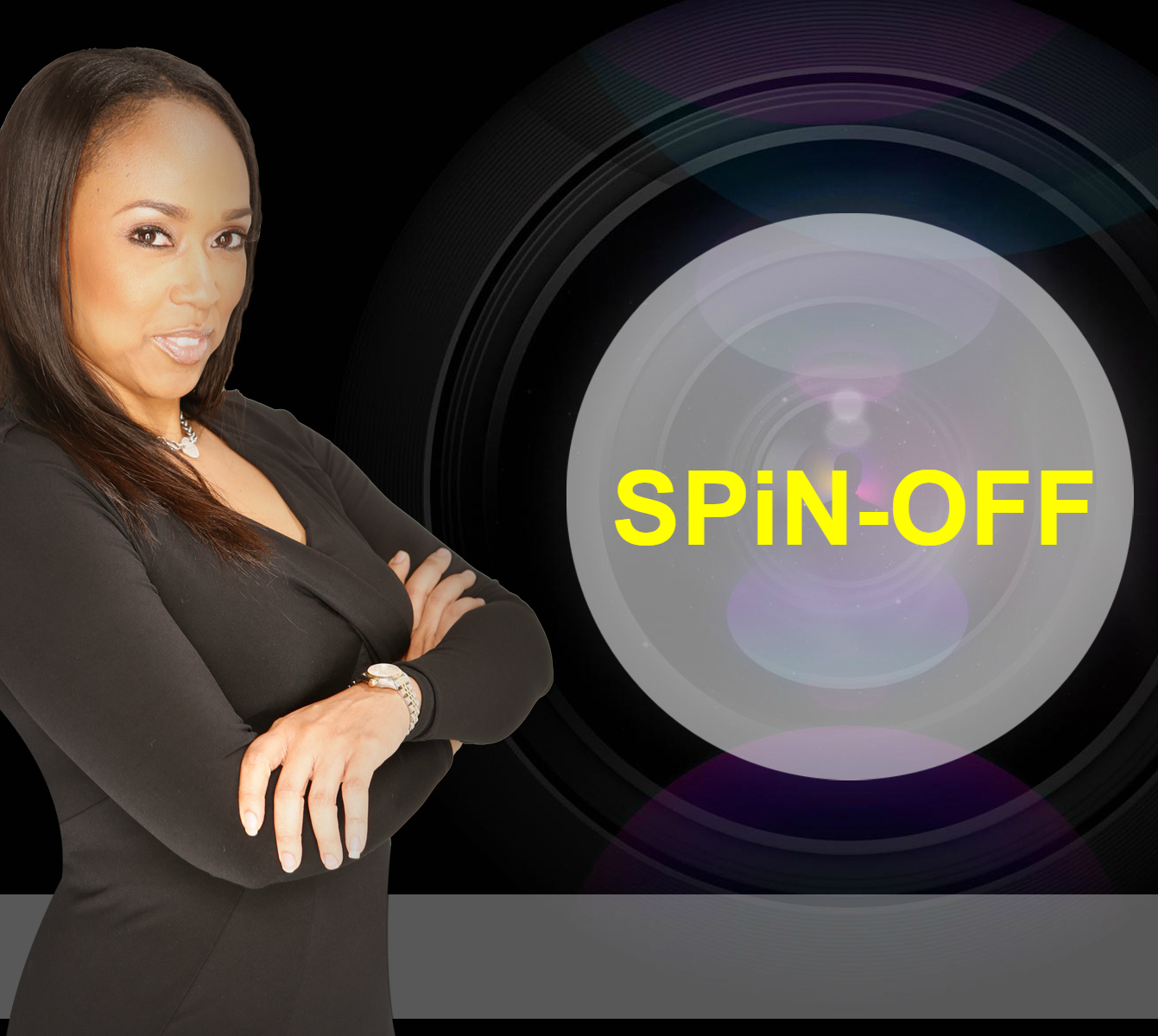
Effectiveness of Spin Selling in Business Coaching
SPIN Selling is structured and moves the sales process along smoothly from fact finding through to motivating the prospect to act, and if you do it right, to acting right now rather than having to “think it over”.
The SPIN Selling framework is well established and it can be beneficial both in your business coaching and for your clients.
SPIN is an acronym that covers four types of sales questions:
Situation Questions – You use these to gather general information – “What do you do?”, “How many branches do you have?” They are the easiest questions to ask and answer. This means that they are great for breaking the ice and getting your prospect talking. They are non-threatening and based on facts.
But you need to filter the general questions you are throwing to your clients because they might get irritated answering questions that could have been answered if you had done a little research before the conversation. You might also waste your time and even worse your clients’ time.
Problem Questions – After you have broken the ice with a small number of Situation Questions, it is time to start knowing the issues that your client wants to solve. You have to investigate the precise nature of his problem before you can recommend the right solution. One size doesn’t fit all. If you mismatch your solution to his problem, you reduce the chances of closing the deal with him. “Prescription without diagnosis is malpractice”.
In your enthusiasm to help your customer solve their problem and close the deal between you and their company, it is so tempting to rush in, stop listening and start talking. But that’s not what the top performers do!
Implication Questions – Research by Neil Rackham and Huthwaites, shows that top sales performers don’t stop after they have asked the Problem Questions. They want to know more about the problems.
In particular, Implication Questions are needed to discover the effects and consequences of the problems. Your aim is to help the client feel the pain of the problem and to see what will continue to happen if the easy “do nothing” option is taken. The more pain the client feels, the more you can emphasize that something has to be done. It’s even better if you can start quantifying the cost of the problem through your Implication Questions, because that helps you to position the solution as great value.
Needs-Payoff Question – There is one problem with Implication Questions. They don’t make the client feel good. As you probe into the problems, the pain and the costs, you can make the client feel guilty for not doing something about the problem earlier. The Needs-Payoff Questions are a much more positive way of asking about the benefits of solving the problem. However, most people are usually much more motivated to move away from pain before they move to any pleasure or gain.
With SPIN selling, you can further build a stronger relationship with your clients. Remember to ask the appropriate questions when coaching them.
Create a powerful day!
Cherry A. Collier, Ph.D., MCC, CNLPMC, RCC, CPCC
Chief Collaboration Officer, Master Certified Executive Coach & Inclusion Strategist
Personality Matters Incorporated provides many services including coaching, leadership, and organizational development. It is Personality Matters, Inc.’s goal to help facilitate the necessary resources and tools to help individuals and organizations grow to achieve their goals.
Personality Matters, Inc.
Dr. Cherry A. Collier
919. 4. PEOPLE or 919.473.6753
Email: mypersonalitymatters@gmail.com
Web Personality Matters: www.pmatters.org
Web Dr. Cherry: https://drcherrycoaching.com/
https://drcherrycoaching.com/myblog/
Image: Shutterstock paid subscription all rights reserved
Source: http://businesscoaching.typepad.com/the_business_coaching_blo/2007/09/sales-questions.html

